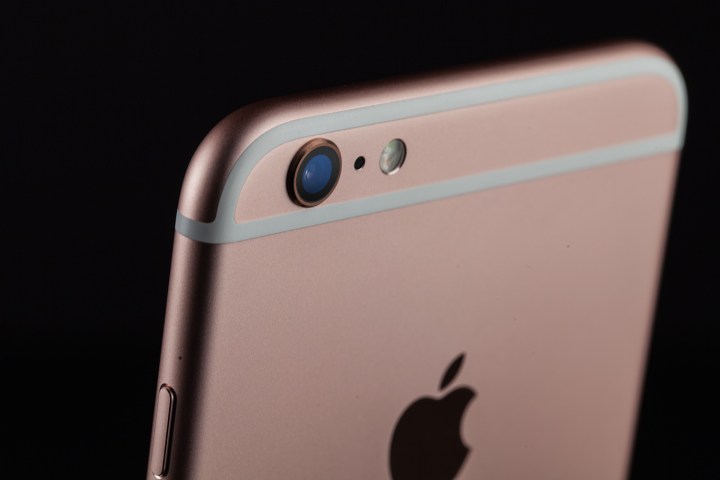
Users of the online activist platform Care2 have started a new petition asking Apple to not put the patent to use. Not now, not ever.
While the ability to remotely disable cameras in iPhones is nothing more than a few diagrams and an abstract on paper at the moment – nor is there any proof that Apple would ever pursue the patent – concerned activists don’t want to take a chance. Instead, they want to make their voice heard by Apple CEO Tim Cook.
Inside the petition, which is titled “Tell Apple: Don’t Allow Police to Remotely Disable iPhone Cameras,” author Julie Mastrine writes:
“Imagine: you’re walking down the street when you see police officers slamming a woman to the ground. They’re exhibiting a shocking use of force — one officers pushes her face into the ground. Another sticks his knee into her back. You become worried. You pull out your phone to record the incident — only to have your camera mysteriously shut off.”
The petition goes on, adding that “the release of this technology would have huge implications, including the censoring of political dissidents, activists, and citizens who are recording police brutality.”
At the time of this article’s writing, the petition is only 400 signatures shy of its 20,000 goal.
Editors' Recommendations
- This one Apple Fitness feature completely changed how I exercise
- An Apple insider just revealed how iOS 18’s AI features will work
- iPhone 16: news, rumored price, release date, and more
- iPhone SE 4: news, rumored price, release date, and more
- 3 reasons why I’ll actually use Anker’s new iPhone power bank




